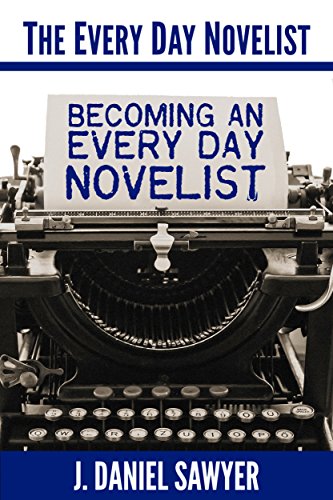This is the second in a periodic series about characterization in writing. Please check out my first post in the series, which looks at a character’s role in the Story Mind as expressed in the Dramatica Theory of storytelling.
A story begins when something changes the status quo.
Luke Skywalker doesn’t start becoming a hero until two droids crash on his planet. John McClane doesn’t become a terrorist-fighting cowboy cop until Hans Gruber takes hostages in an office building. Hamlet doesn’t start on his murder investigation/rampage of revenge until he gets a mysterious visit from a restless ghost. Even a feel-good romantic comedy like Sleepless in Seattle needs a trigger to set things in motion — in this case, Sam Baldwin’s son Jonah calling a late-night radio talk show.
People don’t spontaneously change their lives for no reason; an external trigger of some kind has to change the balance and push the protagonist into becoming a protagonist. Joseph Campbell called this “The Call to Adventure,” and it’s always something outside the protagonist’s control.
What really sets characters apart from one another is what they do next.
Continue reading →
 This week I interview author and podcaster J. Daniel Sawyer about his new book, Becoming an Every Day Novelist. We discuss what writers can expect to learn in this book, what Dan has learned in the course of writing it, and how he’s changed his approach to business over the last year.
This week I interview author and podcaster J. Daniel Sawyer about his new book, Becoming an Every Day Novelist. We discuss what writers can expect to learn in this book, what Dan has learned in the course of writing it, and how he’s changed his approach to business over the last year.
